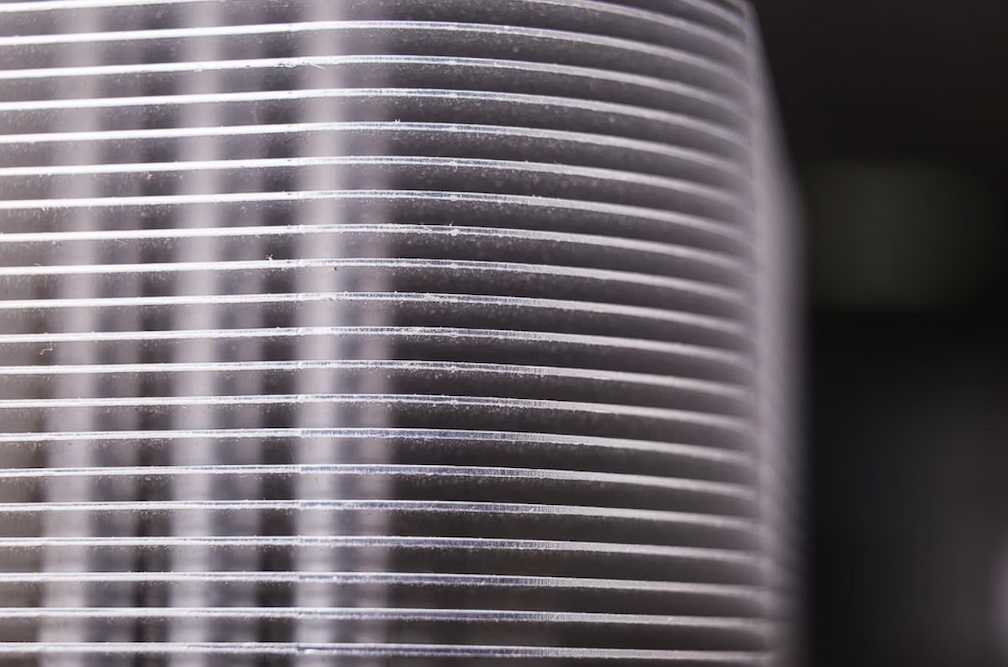Innovative Commercial Air Filters for a Healthier Environment
- Written by Business Daily Media

Commercial air filters are a vital part of maintaining a healthy, comfortable, and safe environment in businesses. They help to ensure that the air inside is free from dust, pollen, and other airborne contaminants that can cause respiratory problems or allergic reactions. Commercial air filters also help to reduce energy costs by improving indoor air quality and reducing the need for additional heating or cooling. This introduction will provide an overview of commercial air filter technology and its benefits for businesses.
Types of Commercial Air Filters
When it comes to purifying the air in a commercial building, many different types of air filters can be used. Depending on the size and complexity of the system, different types may provide more efficient or cost-effective options than others. Here is an overview of some of the most common types of commercial air filter used today.
HEPA Filters: High-Efficiency Particulate Air (HEPA) filters are considered one of the most effective air filtration systems available. They use a combination of mechanical and electrical techniques to trap particles as small as 0.3 microns in size with an efficiency rate near 99%. HEPA filters are most commonly used in areas where cleanliness and sanitation are especially important, such as hospitals and laboratories, but they can also be found in some commercial buildings for general maintenance purposes.Carbon Filters: Carbon-based air filters use activated carbon particles to absorb contaminants from the surrounding environment. These particles trap odours, gases, smoke, chemicals, and other pollutants from entering a building’s ventilation system by chemically binding them to their surface area. Carbon-based systems are often preferred by businesses due to their ability to remove multiple airborne pollutants simultaneously with minimal resistance from airflow within an HVAC system.
Benefits of Installing a Commercial Air Filter
Commercial air filters are an important part of any building’s air quality system. Not only do they help improve the overall indoor air quality, but they also protect the HVAC system from dirt and debris buildup. Installing a commercial air filter can provide numerous benefits to both business owners and their customers.
One of the biggest advantages of installing a commercial air filter is improved indoor air quality. Air filters work to capture dust, pollen, pet dander, and other airborne particles that can reduce indoor air quality and cause health problems such as asthma or allergies. By eliminating these pollutants from your office environment, you can create a healthier working environment for employees and customers alike. Additionally, installing an upgraded commercial-grade filter could also help reduce mould growth in your office building which is especially beneficial if you have employees with compromised immune systems or respiratory issues such as asthma or allergies.
Another benefit to installing a commercial-grade filter is improved energy efficiency in your HVAC system.
Maintenance Requirements for Commercial Air Filters
It is of utmost importance to regularly maintain your commercial air filters if you want to ensure clean, healthy air in your facility. Air filters are responsible for trapping dust, dirt and other airborne particles that can cause health problems when they enter the building. Without proper maintenance, these particles can accumulate over time and reduce the efficiency of the filter system. Maintaining commercial air filters helps to keep indoor air quality at an optimum level, which is essential for employee productivity and overall well-being.
The first step in maintaining commercial air filters is changing them as needed. Depending on the type of filter used, it should be changed either every few months or annually. When inspecting a filter, look for signs that it needs replacing such as tears or clogged areas full of debris. Be sure to purchase replacement filters from a trusted supplier that specializes in providing high-quality products specifically designed for commercial use.
In addition to changing out your filter regularly, it's also important to check all components connected with the system such as ducts and fans regularly too. Clogged ducts can cause poor circulation and will harm indoor air quality while damaged fans will result in decreased efficiency that affects filtration capabilities significantly too.
Conclusion
Commercial air filters are an essential component of a healthy indoor environment as they help improve air quality in businesses and other public areas. They are designed to remove dust, pollen, smoke and other airborne particles from the air we breathe. They can help reduce allergy symptoms, asthma attacks and respiratory problems that can be caused by indoor pollution. Commercial air filters are easy to install and maintain, making them a cost-effective way to improve the quality of the air in your business or public area.







